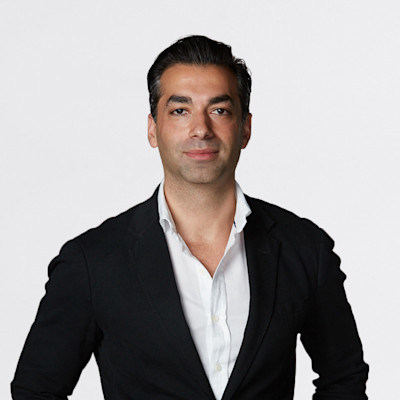First things first: Here’s when to consider taking a postnatal multivitamin (and when to stop).
It’s pretty simple, actually: New parents should consider making the switch from a prenatal multivitamin to a postnatal multivitamin as soon as they give birth. This is a good way to help ensure that supplementation can be synced up with the nutritional demands of the postpartum period and lactation.*
As for when to switch back to a regular multivitamin? Our rule of thumb is to take a postnatal multivitamin for at least six months after birth—or potentially longer, if continuing to breastfeed.*
Pro tip: Look for these 15 nutrients in a quality postnatal multivitamin.
It sounds like a lot, but that’s the kind of nutritional support that can help bridge gaps during this highly demanding life stage—and we formulated Essential Postnatal with this in mind.*
Vitamin A. This nutrient helps support normal immune function, but 40% of lactating women aren’t consuming enough vitamin A from their diets. Pro tip: There are different forms of vitamin A, but we recommend looking for beta-carotene in a postnatal.* (1)
Vitamin D3. Like vitamin A, vitamin D3 helps support normal immune function. But diet may not always be the most reliable source, which is why supplementation can be a good idea.* (1)
Vitamin C. While most of us consume enough vitamin C during other stages of life, lactating women have higher needs. This nutrient also helps support normal immune function.* (2)
Vitamin E. As an antioxidant, vitamin E helps support against free radicals. The caveat: Up to 85% of women and 70% of lactating women are not getting enough vitamin E from their diets. (1) Just remember that form matters when it comes to meeting nutrient needs. We recommend looking for a vitamin E that’s sourced from mixed tocopherols, which mirrors the spectrum we’d ideally get from our diets.*
Folate. You may already know that folate is a crucial member of our prenatal multivitamin lineup. That doesn’t change after birth—women need this nutrient to help support DNA methylation, as well as red blood cell formation. Here’s where things get tricky, though: While a lot of supplements include folic acid, a synthetic form of folate, up to one-third of people have a genetic variation that makes it difficult to efficiently utilize folic acid. The workaround? Look for a postnatal multivitamin that contains methylated folate, which is a cell-identical and bioavailable form of folate.*
Vitamin B12. We all need B12, which helps support normal DNA synthesis and energy-yielding metabolism. But since this nutrient is overwhelmingly found in animal products like red meat and seafood, our vegetarian and vegan friends can be particularly vulnerable to gaps. That’s where a vegan-friendly B12-containing multivitamin can come in handy.*
Magnesium. Did you know that up to 50% of women aren’t getting enough magnesium from their diets? (1) This nutrient works with vitamin D3 to help support normal muscle function and also supports bone health and heart health.*
Zinc. Zinc is yet another member of the postnatal roster that helps support normal immune function. But it can also be another tricky one for vegans and vegetarians, who may be prone to shortfalls of this nutrient.*
Biotin. As with pregnancy, women need more biotin during the postpartum period—even more so while lactating. This nutrient contributes to energy-yielding metabolism. (1,3)
Choline. Talk about an unsung hero. While choline lends support to brain health, about 86% of lactating women are not getting enough choline from their diet. Choline has been prioritized by a National Academies of Sciences, Engineering, and Medicine panel as a nutrient to be increased for women who are lactating or postpartum.* (1)
Iodine. While many people can meet their iodine needs through diet alone, pregnant and lactating women have higher requirements. To get specific, lactating women need almost twice as much iodine as non-pregnant people, and about 30% more than pregnant people.* (4)
Iron. During pregnancy, iron needs are increased significantly. After giving birth, women’s iron demands lower—but it’s still essential, and vegans might be particularly prone to gaps.*
Boron. This calcium-helper nutrient is an important player in supporting bone health.*
Omega-3 DHA. Fact: Less than 5% of US pregnant and lactating women consume the recommended amount of Omega-3 DHA daily†. Our pro tip? Look for a vegan-friendly omega-3 sourced from microalgae.*
†There is no established Daily Value but experts suggest at least 200 mg per day of DHA.
Vitamin K2. Another nutrient that supports bone health, vitamin K2 can be tricky to consume enough of through diet alone.*














